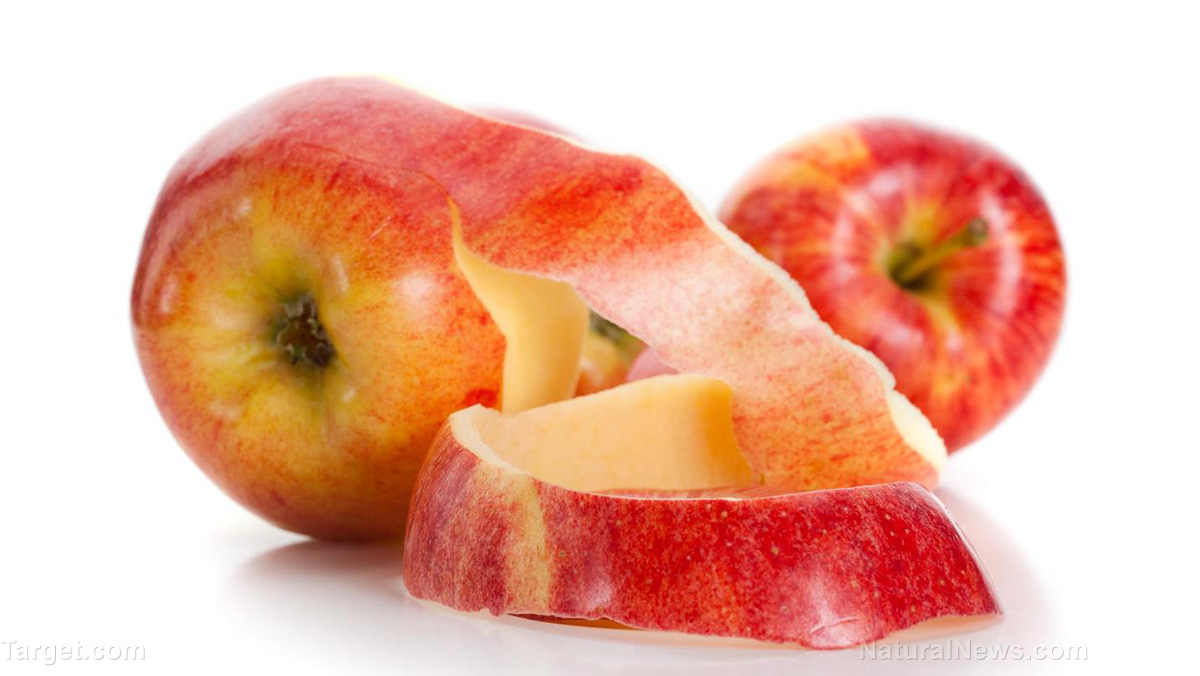
Advertisement
The iconic and ubiquitous apple is rich in essential nutrients, potent plant compounds and millions of beneficial bacteria that, together, offer incredible health benefits. In fact, apples are considered one of the most nutritious fruits and superfoods out there.
No matter the color, apples are touted as potent anti-diabetes foods. Nutritionists also recommend eating them as part of a smart diet to maintain optimal health and reduce the risk of other chronic conditions including heart disease and cancer.
Here’s a look at how apples stack up in terms of nutrition, and how eating them on a regular basis can help diabetics manage their blood sugar better.
Apples contain sugar, carbs and fiber
Not all sugars are created equal. Some possess beneficial effects on blood pressure, brain health and heart health. But others can do more harm than good, triggering premature aging, affecting immune functions and causing drastic fluctuations in blood sugar.
Fructose is a natural sugar found in fruits. Although it makes up most of the sugars found in apples, recent studies found that fructose does not raise blood sugar levels. In fact, fructose helps control blood glucose levels in diabetics.
The carbs in apples are also processed and absorbed in the gut as sugar. But unlike bad or refined carbs from sugar-sweetened drinks, processed fruit juices and white bread, about 20 percent of the carbs in apples are from unique soluble fibers called pectin.
Besides aiding digestion, pectin also helps inhibit the absorption of too much sugar. In a nutshell, pectin acts as a safeguard in case too much sugar comes rushing into the gut. It also helps suppress blood sugar spikes after a meal, a common phenomenon in diabetics.
The anti-diabetic properties of apple’s phenolic compounds
Apples are also one of the richest sources of phenolic compounds, such as quercetin and kaempferol. These compounds are plant-based micronutrients that help protect against chronic conditions including diabetes and heart disease. Most of them can be found in the fruit’s peels.
Phenolic compounds do a great job at stalling the absorption of sugar into the bloodstream, thus protecting against sudden spikes in blood sugar. In fact, multiple studies found that these compounds possess anti-diabetic abilities. Quercetin and kaempferol, in particular, help stimulate insulin secretion, activate insulin receptors and inhibit glucose absorption.
Eating apples as part of an anti-diabetes diet
The apple can be a delicious and nutritious addition to a balanced diet. It can also make a significant difference in terms of blood sugar control for diabetics. That said, here are some things to consider before heading off to the local grocer or supermarket for a batch of apples:
- Apples are best consumed unpeeled – Most of the apple’s nutrients and plant compounds can be found in its skin, so people who peel their apples and wash them too much run the risk of losing all of the fruit’s goodness.
- Avoid store-bought apple juice – Processed apple juices are often chock-full of artificial sweeteners and other additives to enhance their flavors. More often than not, these juices also contain little to no real apple juice.
- Be mindful of portions – Eating too much of something can be harmful, no matter how nutritious the food. The same goes for apples, so don’t forget to be mindful of portions.
- Stagger fruit intake – Don’t eat two to three apples (or other fruits, for that matter) in just one sitting as doing so can cause a spike in blood sugar. Instead, stagger your fruit intake throughout the day.
Apples are one of the healthiest foods for diabetics and non-diabetics alike. Besides their beneficial effects on blood sugar control, apples also boast an incredible nutrition profile. Eat them as part of a balanced diet to make the most of their numerous health benefits.
Read more articles about diabetes and diabetes prevention at PreventDiabetes.news.
Sources:
Advertisements







